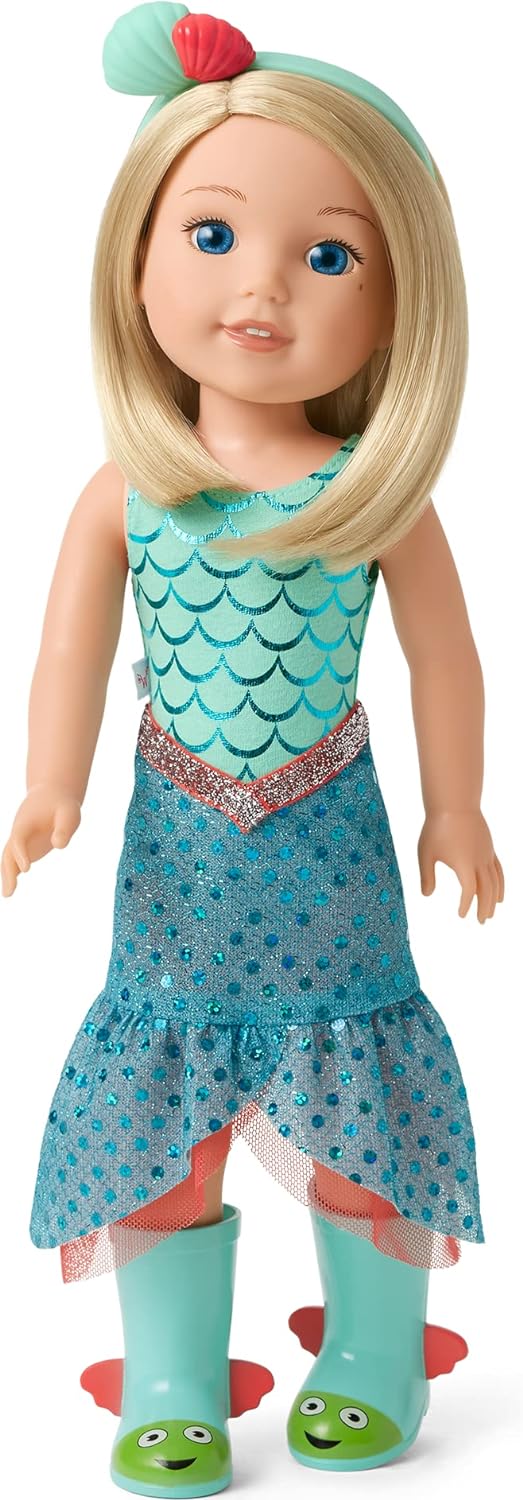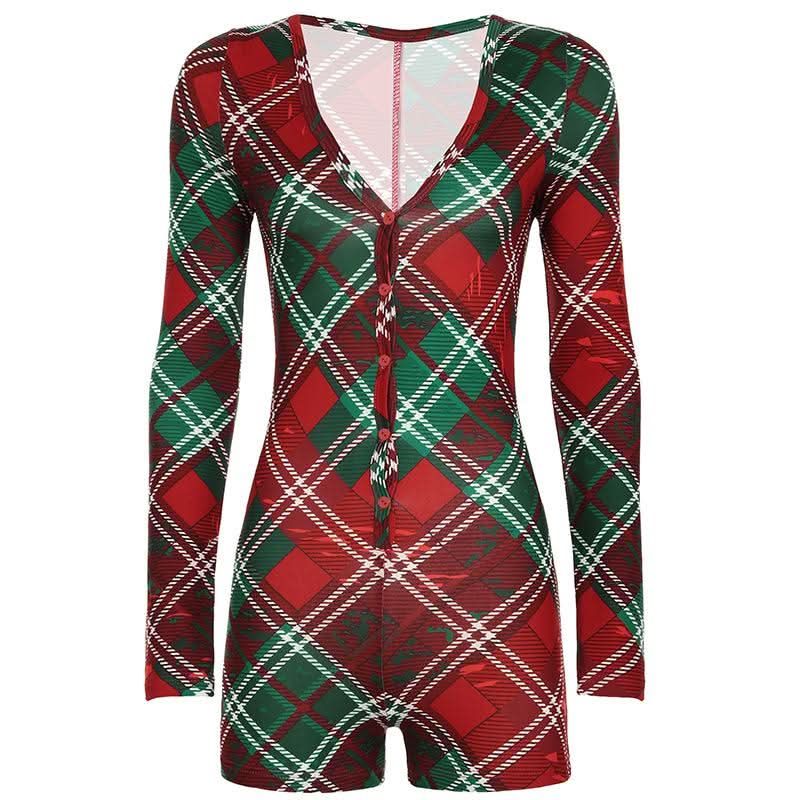Puppy Potty Training 101: Creating a Successful Schedule
Ah, the joys of welcoming a new puppy into your life! With that undeniable cuteness comes the responsibility of potty training. Fear not, dear dog lovers—potty training is not just a struggle but a wonderful opportunity to bond with your pup while establishing a consistent routine. In this blog post, we’ll explore everything you need to know about creating a successful potty training schedule that will have your puppy feeling confident and comfortable in no time.
Understanding the Importance of a Schedule
When it comes to puppy potty training, a well-structured schedule is your best friend. Not only does it help your puppy learn when and where to go, but it also reduces the chances of accidents in your home. Consistency—even in something as seemingly simple as potty training—can lead to success!
A good schedule takes into account several factors, including your puppy’s age, breed, and individual needs. Typically, young puppies need to go out every 1-2 hours, and they usually need to relieve themselves after meals, playtime, and naps. As they grow older, you can gradually extend this timeframe.
-
Age:
- 8-12 weeks: Every 1-2 hours.
- 3-6 months: Every 3-4 hours.
- 6 months and older: Every 4-6 hours.
-
Meals:
- Feed your puppy at the same times each day for predictable potty breaks.
-
Playtime:
- Engage your puppy in play and take them out right afterward to reinforce pottying outside.
Creating Your Potty Training Schedule
Now that we understand the importance of timing, let’s dive into crafting a practical potty training schedule. Here’s a simple outline you can adapt to suit your routine:
-
Morning Routine:
- Take your puppy out first thing in the morning. A fresh start can set a positive tone for the day.
-
Feeding Times:
- Choose consistent feeding times, say breakfast at 7 AM and dinner at 5 PM.
-
Mid-Morning Breaks:
- After about 2 hours of play or after eating, take your puppy outside again.
-
Afternoon Breaks:
- Schedule potty breaks around your daily activities, ideally every 3-4 hours.
-
Evening Routine:
- Take your puppy out before bedtime to help them settle in for the night.
Tips for Successful Potty Training
Implementing a schedule is just one piece of the puzzle. Here are some real-world tips to make potty training a success:
-
Positive Reinforcement: Always reward your puppy with praise or treats immediately after they do their business outside. This helps them understand that going potty outside is a good thing!
-
Watch for Signs: Keep an eye out for signs your puppy needs to go, like sniffing or circling. If you notice these behaviors, act quickly!
-
Consistency is Key: Stick to your schedule as much as possible. If you stray too far, your puppy may become confused.
-
Confine If Necessary: If you can’t supervise your puppy, consider confining them to a crate or small area to minimize accidents.
-
Be Patient: Remember, accidents happen. Stay calm and avoid punishing your puppy, as this can lead to anxiety.
-
Use the Same Door: Always take your puppy out through the same door to establish a clear routine.
-
Hydration Monitoring: Keep an eye on their water intake, especially before bedtime!
-
Limit Distractions: During potty time, keep the environment calm and focused to help your puppy understand that it’s the right moment.
-
Holiday and New Environments: Keep in mind that traveling or visitors may upset your puppy’s routine. Be flexible and adjust the schedule accordingly.
-
Seek Professional Help if Needed: If potty training becomes overly challenging, don’t hesitate to reach out to a professional dog trainer.
Frequently Asked Questions
1. How long does it usually take to potty train a puppy?
Typically, it can take several weeks to a few months, depending on the puppy’s age and temperament.
2. What if my puppy has accidents in the house?
Accidents are normal! Be patient, clean the area thoroughly, and maintain your consistency with the schedule.
3. Should I take my puppy out at night?
Yes, especially for younger puppies. Set an alarm to take them out for a quick potty break.
4. What type of rewards should I use?
Small treats or verbal praise work wonders! Ensure the reward is immediate for the best results.
5. Can I use pee pads instead?
While they can be helpful for some, it’s essential to transition your puppy to go outside to avoid confusion.
By using these tips and strategies, you’ll be well on your way to a successful potty training journey with your furry friend. Each moment spent together is both a chance to bond and teach, creating a future of shared adventures.
Unlock the Secrets to a Well-Behaved Dog! 🐾 Tired of your pup’s bad habits? Discover how to transform your unruly dog into a loving companion with our FREE Dog Training Mini Course! Learn essential commands, potty training tips, and effective techniques to eliminate unwanted behaviors in just days. Don’t miss out—sign up now and start your journey to a happier, obedient dog! Join Here! (https://bit.ly/3RJak0a),
Instantly Access Your FREE Children’s Books Here! (https://payhip.com/BlueCherryStore)
Disclaimer: As an Amazon Associate, I earn from qualifying purchases; I may earn a commission from qualifying purchases as an affiliate. Please note that I only recommend products I believe will provide value to my readers.
Potty training is truly about creating a consistent rhythm in your puppy’s life. By working together, you’ll not only establish good habits but also build the foundation for a loving relationship that will last a lifetime. Embrace this journey with optimism and patience, and watch as your pup grows into the well-trained companion you always dreamed of!









